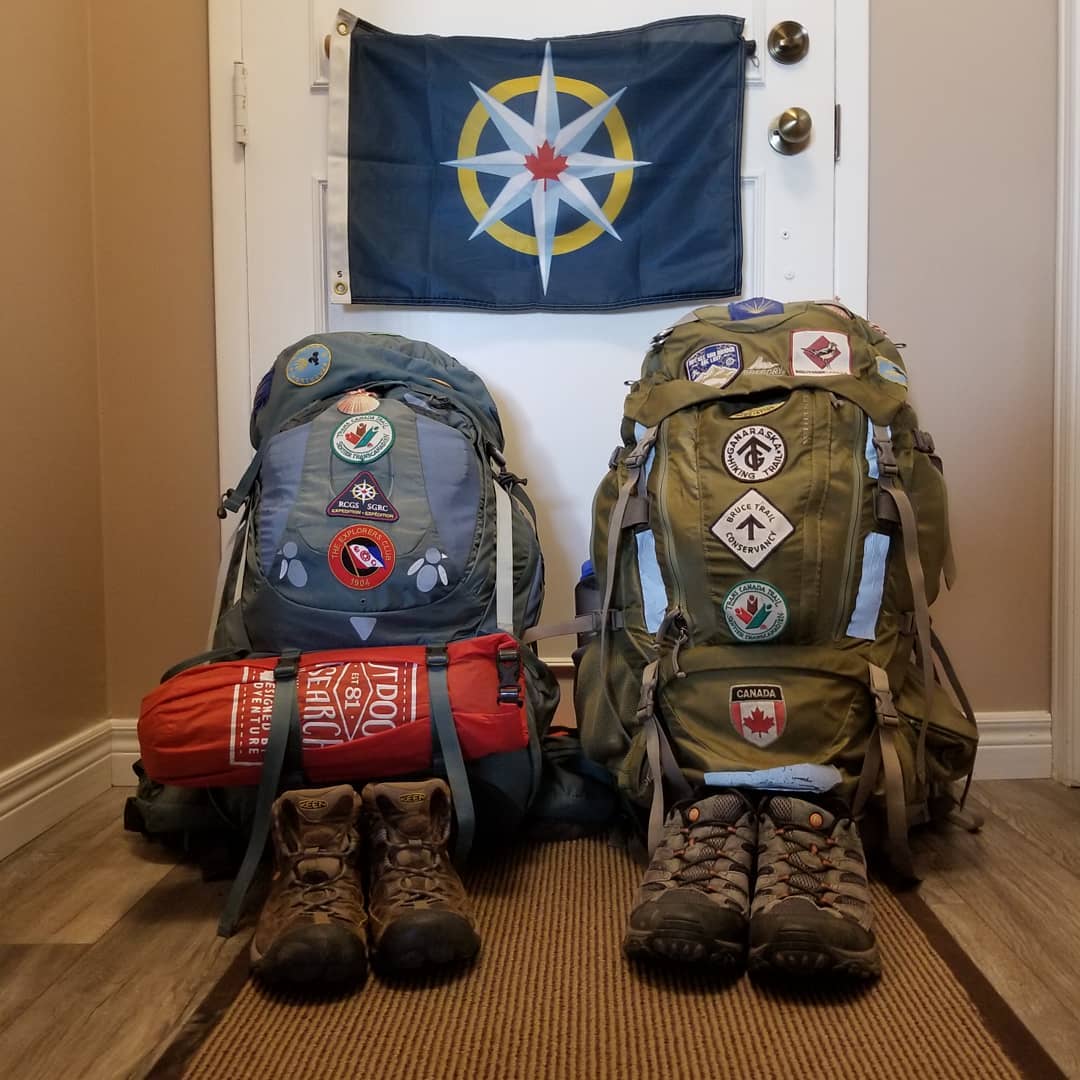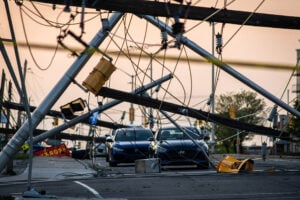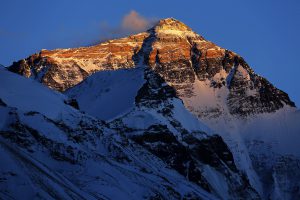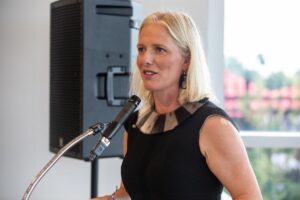
People & Culture
Kahkiihtwaam ee-pee-kiiweehtataahk: Bringing it back home again
The story of how a critically endangered Indigenous language can be saved
- 6310 words
- 26 minutes
People & Culture

When ‘Come Walk With Us’ became an RCGS supported expedition in 2021 we were very excited to get the third season of our #Hike4Birds across Canada on the 27,000 kiolometre long Great Trail underway. Unfortunately, our departure was delayed by a provincial ‘stay-at-home’ order in response to escalating COVID-19 cases. While this setback was disappointing, in many ways the waiting is simply a continuation of the challenges every expedition faces. Since suspending our trek we’ve constantly been working on ways to keep our goals alive and in the moment. We begin our mornings by hiking a 10-20 kilometre loop on our neighborhood trails to keep fit, and we spend most afternoons working on the ‘hidden’ aspects of our expedition.
These activities consist of developing educational materials, reaching out to potential collaborators and sponsors, delivering our free presentation on the birds, wildlife and natural landscapes we’ve seen on Canada’s Great Trail, pursing opportunities to share the story of our hike through podcasts and written articles, as well as editing a soon-to-be-published photo retrospective on Atlantic Canada: A View from The Great Trail. In addition, since postponing our expedition we have been featured by Eh Canada Travel group, JourneyWoman.com, and She Inspires Me: The Woman’s Portrait Project, been asked to give a virtual presentation at the Royal Botanical Gardens in Burlington, Ont. and been highlighted by Adventure Blog, HipCamp, and The Great Trail. During this period we have also become involved in helping various regions develop ‘Nature in the City’ programs, as well as advising teachers on setting up backyard and schoolyard bioblitz projects.
We cannot wait to return to the trail, but our outreach efforts have taken on a new significance for us since the pandemic began. One of the goals of our hike is to reconnect youth to nature through birds and citizen science, with the hope that we can spark a sense of excitement, wonder, and curiosity that will inspire a new generation of explorers, environmental stewards, and community leaders who are grounded and empowered. While living under lockdown, many Canadians have striven to learn about nature, reconnect to the outdoors, and in the process have become increasingly interested in birding. This surge in interest in Canada’s natural places and wild spaces has meant that we have seen a corresponding interest in our trek and outreach. For this reason we have come to see that expeditions are more than the steps you take, more than the ‘planting of the flag,’ and much more than reaching the final goal — they are also about seizing unexpected opportunities along the way.
Although we’ve had an unprecedented opportunity to reach out to new audiences who were looking for ways to connect to nature for the first time, we’ve also observed and experienced the negative mental health effects of losing the balance between screen time and green time. Online resources can be fantastic tools for learning, motivation, and inspiration, but spending too much time on social media, where uninformed opinions, harmful speculation, and hateful commentary appear alongside scientific fact, creative endeavors, and opportunity can distort our perception of reality. Now more than ever it is clear that digital landscapes are no replacement for natural ones. Navigating an online world that readily responds to a simple delayed departure by gleefully labeling us ‘losers’ and ‘epic failures’ for ‘giving up’ requires an immense amount of courage from young people who haven’t yet developed the self confidence that is born of personal experience. Amid the born digital generation — many of whom seem to believe that all is known, that everything can be ‘Googled’ and that there is little point in retreading old pathways — there is a need to foster positive examples and to continue positive outreach to aspiring explorers to assure them that there is still much to be discovered and that there is a network of support for their curiosity.
By sharing our experiences on the Great Trail, which include not just good days, successes, and Canada’s beauty, but also bad days, situations that require tough choices and changes in plan, and some of Canada’s historical and cultural challenges, we hope our journey can provide an example of how step by step ordinary people can realize extraordinary dreams. Pushing the limits of our knowledge, whether it’s curing a disease, traveling to Mars, or developing solutions to climate change, requires innovation, creativity, adaptability, perseverance, and multiple tries. As we wait to continue our journey on the trail, we’re dedicating our time towards redefining how failure is perceived and finding ways to encourage youth to explore, discover, learn, and connect with themselves and the natural world – one step at a time.
We invite you to “Come Walk With Us” on our #Hike4Birds as we continue to hike across Canada on the Great Trail.
Find the ‘Come Walk With Us’ expedition team online, on Facebook, Twitter or Instagram. At this point, the pair hope to get started when the current COVID-19 lockdown in Ontario lifts, on June 2.
Are you passionate about Canadian geography?
You can support Canadian Geographic in 3 ways:

People & Culture
The story of how a critically endangered Indigenous language can be saved

Environment
Tracking the country’s extreme weather events to answer the question: are storms getting worse?

Exploration
A century after a Canadian was instrumental in charting the world's highest peak, a fellow Canadian reflects on the magnetism of Everest

People & Culture
A century after the first woman was elected to the Canadian Parliament, one of the most prominent figures in present-day politics shares her thoughts on how to amplify diverse voices in the Commons